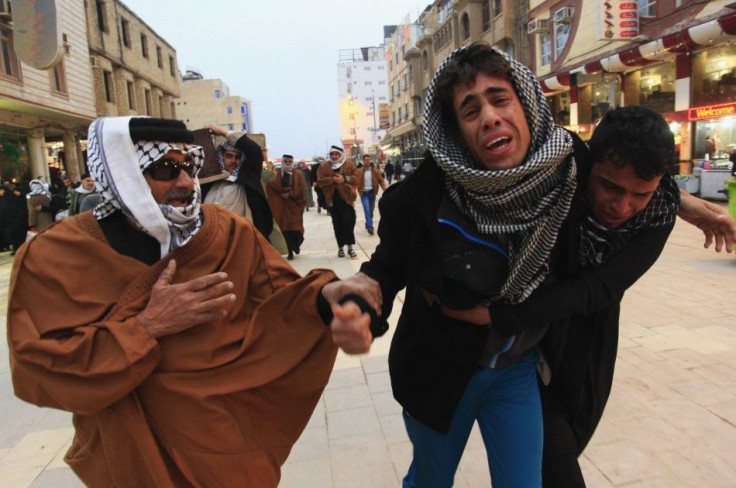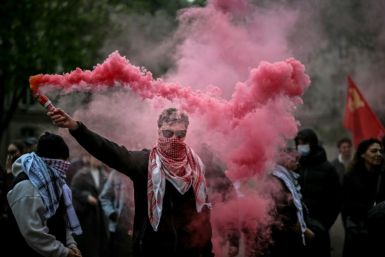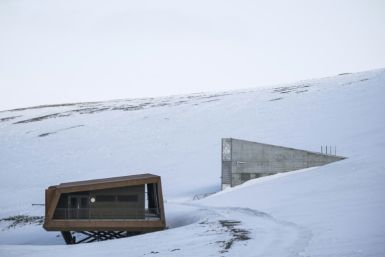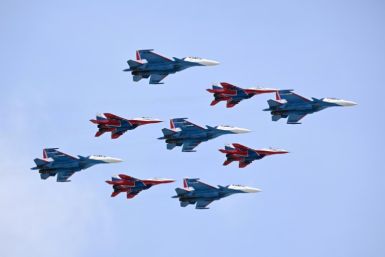US Downplays ISIS' Counterattack In Key City Of Ramadi; Washington Considers Training Local Tribes

The battle against ISIS militants is far from over as the extremist group pushed back to take the key Iraqi city of Ramadi. Iraqi government forces were forced to retreat despite the appeal of Iraqi Prime Minister Haider al-Abadi to “hold their positions” and air support from the U.S.
Hours before the retreat of Iraqi soldiers, the government had sent reinforcements in an attempt to contain the counter-offensive launched by the militants who lost to Iraqi troops in Tikrit. The city in neighbouring Saladdin province, was the first major territory lost by ISIS. The Daily Beast reports that the U.S. and Iraqi officials hailed the victory as the start of an offensive to drive away ISIS.
U.S. officials describe the loss of Ramadi as a “setback” rather than a stunning blow. Brigadier General Thomas Weidley, chief-of-staff of the Combined Joint Task Force-Operation Inherent Resolve, said although ISIS will have their “episodic successes” but he believes they won’t result in long-term gains.
Despite last week’s successful U.S. commando raid in Syria that killed about 40 ISIS militants, including three commanders, ISIS has managed to launch counter attacks in Ramadi and the city of Palmyra in Syria.
Pentagon officials downplayed the impact of the battle in Ramadi and insisted the fight is not yet over. “Ramadi has been contested since last summer and ISIS now has the advantage,” said Pentagon spokesperson Elissa Smith. She added that losing Ramadi would not affect the overall military campaign of Iraq. However, she acknowledged that the retreat of Iraqi forces would give ISIS a “propaganda boost.”
Meanwhile, Washington said it is now studying how it could support a military operation led by Iraqi government forces to retake Ramadi. The U.S. is considering conducting training and providing equipment to local tribes. U.S. President Barack Obama has recently met with the National Security Council after ISIS had seized Ramadi last weekend.
Alistair Baskey, a spokesperson for the National Security Council said there is “no formal strategy review” but the U.S. is on track to weaken and ultimately destroy ISIS by employing a sustained and comprehensive counterterrorism strategy. A Pentagon official told CNN that there were no plans of taking asking Mr Obama to send special forces on the ground or near Ramadi to help Iraqi troops find ISIS targets.
(To report problems or leave feedback on this article, contact: r.su@ibtimes.com.au)






